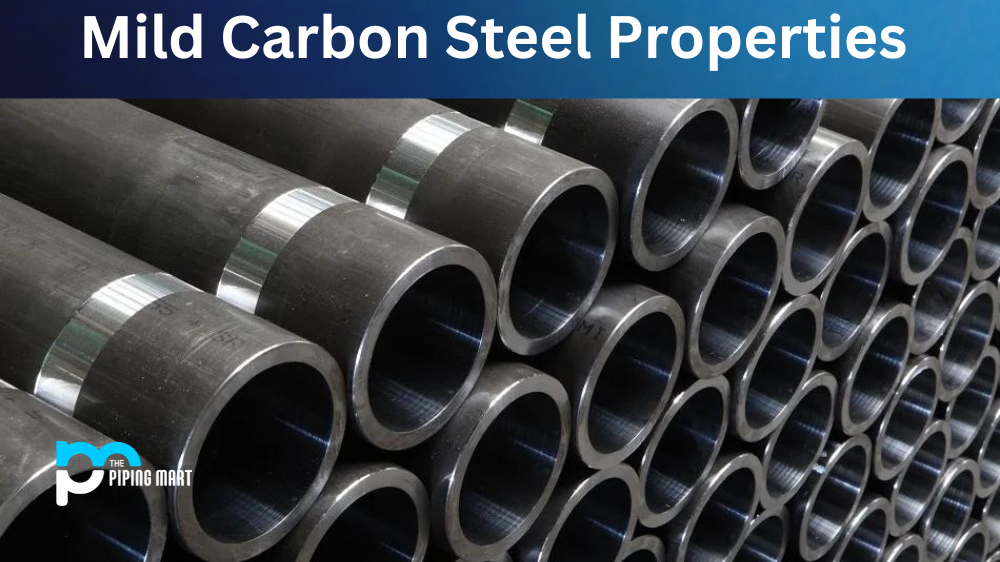Have you ever wondered whether sutures are natural or synthetic? It turns out that there is more than one answer to this question. A suture is a medical device that surgeons use to close wounds and keep tissue together until it can heal naturally. There are many different types of sutures, and they can be made from either natural or synthetic materials. In this blog post, we’ll explore the difference between these two types of suture materials so that you can make an informed decision when choosing the right material for your surgery.
Natural Suture Materials
Natural sutures are typically made from animal products such as silk, catgut, or collagen. Silk is one of the oldest known suture materials, and it is still used in some surgeries today due to its high tensile strength and biocompatibility. Catgut is derived from sheep intestines and is primarily used for stitching up internal organs such as the intestine or uterus because it’s less likely to cause irritation. Collagen is a protein found in human skin and other tissues, and it has been used as a suture material since the early 1900s due to its low cost and easy availability.
Synthetic Suture Materials
Synthetic sutures are usually made from polyester, nylon, or stainless steel fibres. Polyester has become increasingly popular in recent years due to its low cost, high strength, and resistance to infection. Nylon has similar properties but also offers excellent knot security, which makes it a great choice for areas where knot security is essential (such as cardiac surgery). Stainless steel sutures offer superior strength but require special care when handling due to their stiffness and sharp edges; however, they can be very useful for closing difficult wounds with minimal trauma.
Conclusion:
When selecting the right type of suture material for your procedure, it’s important to understand the difference between natural and synthetic options. Natural sutures have been around for centuries, while synthetic materials have become increasingly popular due to their convenience, cost-effectiveness, and improved performance characteristics over time. At the end of the day, it’s up to you—and your doctor—to decide which type of material best suits your needs! In this blog post, we discussed why stainless steel sutures are considered synthetic rather than natural; however, each type of material has its own advantages and disadvantages, so be sure to do your research before making any decisions about which type of suture material you should use!

Pipingmart is a B2B portal that specializes in metal, industrial and piping items. Additionally, we share the latest information and information about materials, products and various types of grades to assist businesses that are involved in this business.




